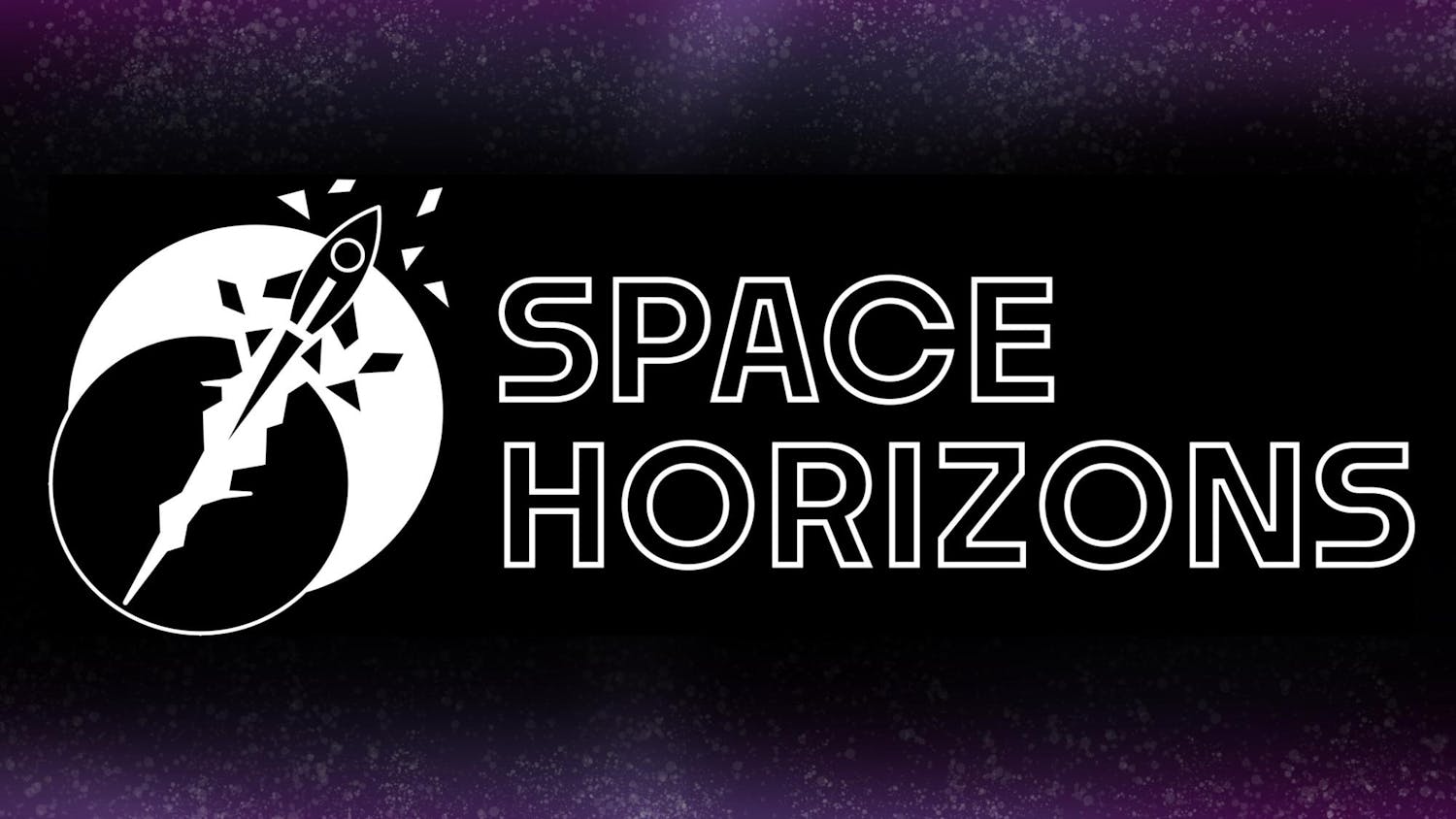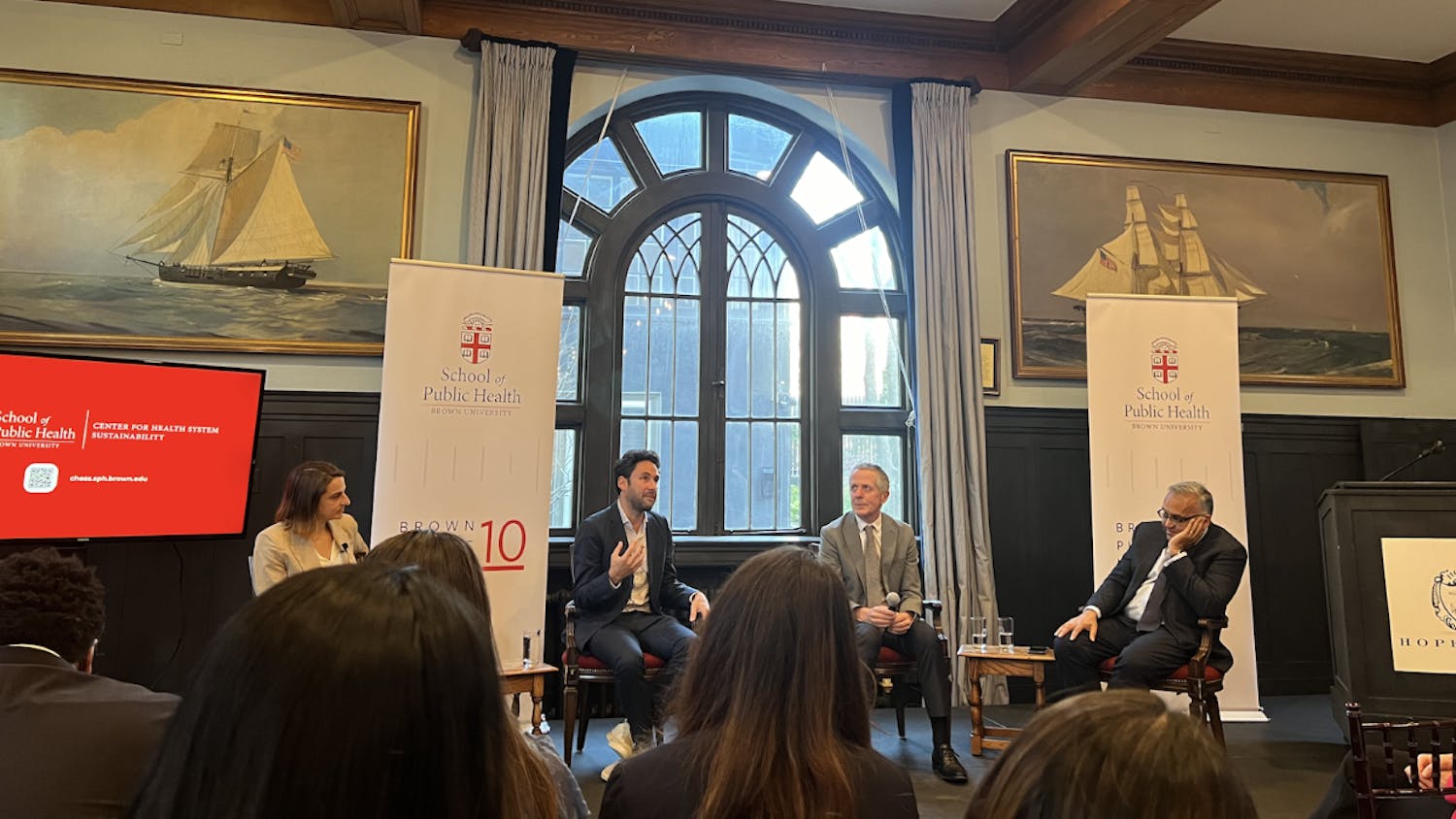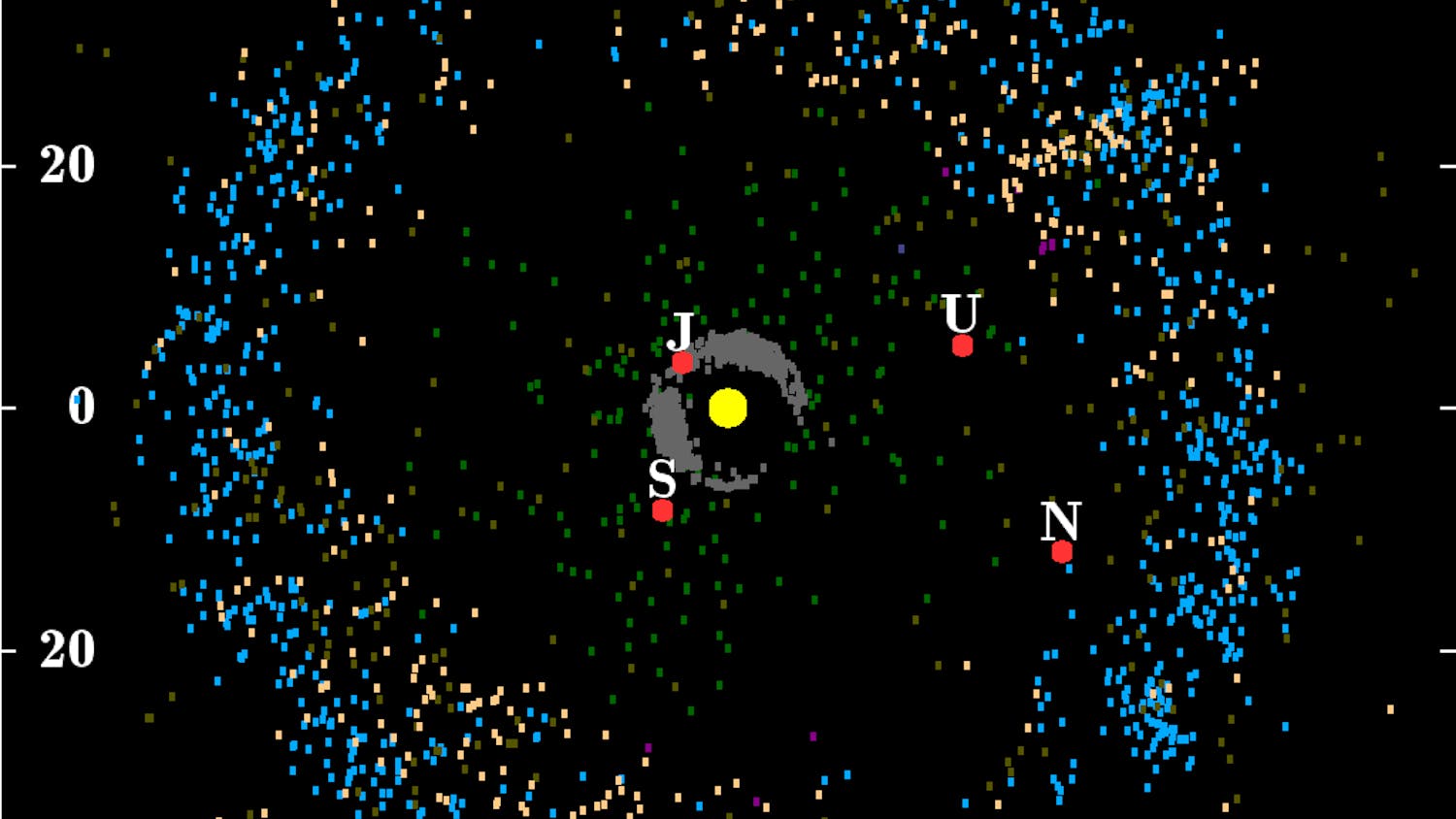Nobel Prize laureate Professor of Physics Leon Cooper addressed the public perception of radiation's effect in a discussion sponsored by the Triple Helix publication at the Brown Bookstore yesterday.
"Public response to radiation is one of exaggerated fear," Cooper said. He pointed out that people do not rationally assess the relative risks that surround them as they go about their daily lives.
"The most dangerous thing we do with cell phones is texting while driving or crossing the street while on the phone," he said.
Cooper, who received a Nobel Prize in physics in 1972 for his theory in superconductivity, is currently investigating the amount of gamma radiation that is actually harmful to an organism. In these experiments, conducted using fruit flies, the research team - consisting of Postdoctoral Research Associate Michael Antosh, Assistant Professor of Molecular Biology Nicola Neretti, David Fox and Cooper - is exposing the flies to varying amounts of gamma radiation and is measuring the gene expression of the fly. In preliminary studies, flies have shown resilience to low levels of radiation with a subsequent drop in the survival rate at higher levels. It is possible that at lower dose levels, the cell responds with mechanisms that can repair itself, thereby ameliorating the effects of radiation. If true, this could have widespread political consequences, Cooper said.
When building a nuclear reactor, scientists have to reduce radiation emission to a particular level for safety purposes, he said. If the reactor does not reach these levels, millions of dollars have to be spent to reduce the radiation counts, which could clearly be used elsewhere. Thus, if the human tolerance level for radiation is discovered, this information can save the government significant amounts of money, he said. This research can also be applied to other sources of radiation such as X-rays and other medical imaging technology.
Kimberly Glerum '15, who is writing a paper about radiation in medical imaging technology for PHP 1700: "Current Topics in Environmental Health," said the talk was "a good opportunity to get research that is not from a book or a website and talk to someone who really knows about it."
The event was an informal open discussion between students and Cooper. When one student asked Cooper why he got involved in the field, he referenced a dialogue from the film "Casablanca." In the scene, Humphrey Bogart's character is asked why he came to Casablanca, and he responds that he came for the water. When told there is no water there, Bogart's character responds, "I was misinformed."
ADVERTISEMENT




